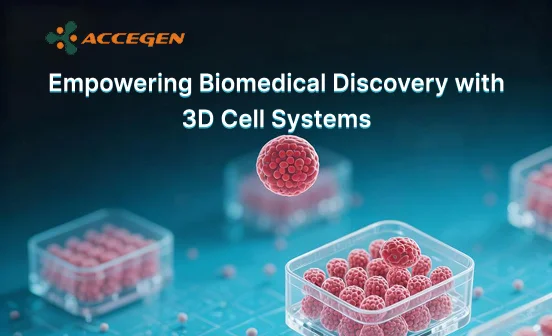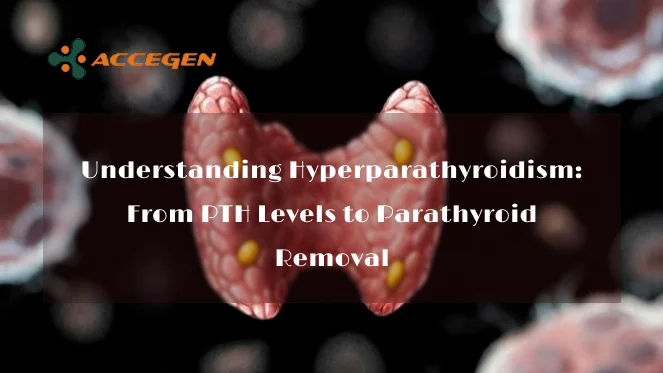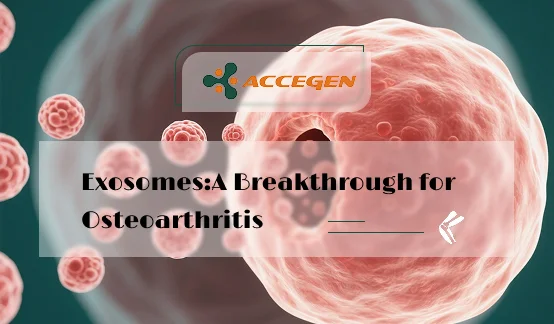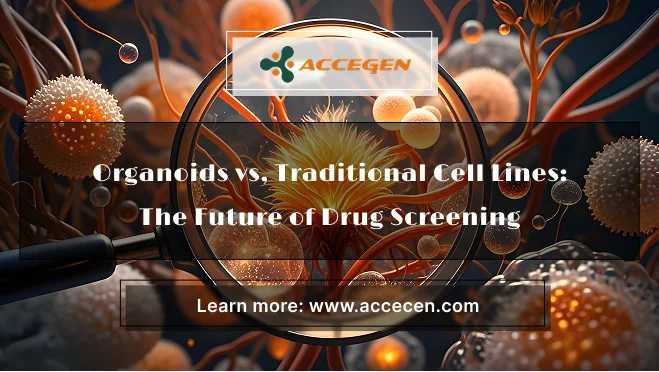- In-Stock Tumor Cell Lines
- Human Orbital Fibroblasts
- Human Microglia
- Human Pulmonary Alveolar Epithelial Cells
- Human Colonic Fibroblasts
- Human Type II Alveolar Epithelial Cells
- Human Valvular Interstitial Cells
- Human Thyroid Epithelial Cells
- C57BL/6 Mouse Dermal Fibroblasts
- Human Alveolar Macrophages
- Human Dermal Fibroblasts, Adult
- Human Lung Fibroblasts, Adult
- Human Retinal Muller Cells
- Human Articular Chondrocytes
- Human Retinal Pigment Epithelial Cells
- Human Pancreatic Islets of Langerhans Cells
- Human Kidney Podocyte Cells
- Human Renal Proximal Tubule Cells
Burnout is not always loud or come with tears, or look like a breakdown. Sometimes it invades subtly—exhaustion for no reason, skipping meals, snapping over small things, pretending you’re fine when actually you are not. If this sounds familiar, it is time to recognize the importance of mental health.
May represents Mental Health Awareness Month—a salient reminder that emotion well-being matters, even though intangible. For those carrying heavy thoughts behind quiet eyes or confronting imperceptible struggles, this observance underscores institutional and societal recognition. At AcceGen, we contend that substantive mental health support transcends awareness. It necessitates actionable, scientifically grounded intervention. Our commitment originates at the cellular level—acknowledging that therapeutic progress requires understanding the unseen neurological mechanisms and addressing them through integrative scientific approaches, compassionate intervention, and sustained support.
While subjective experience may seem mysterious, the mind operates through identifiable biological processes. Mental states emerge from a complex interplay of neural signaling pathways, neurotransmitters, stress hormones and immune responses. These mechanisms are not only conceptual—they are traceable, measurable, and constitute a vital domain for rigorous scientific investigation. Consequently, the development of research tools is essential to empower scientists in bridging theoretical models with functional cellular systems, thereby decoding the biological substrates of mental health.
For example, the SH-SY5Y human neuroblastoma cell line extensively employed for modeling dopaminergic pathways and neurotoxicity, provides crucial insights into how stress, trauma, or neurodegenerative processes disrupt neural function. Similarly, the PC12 rat adrenal pheochromocytoma line, exhibiting neuronal differentiation in response to nerve growth factor (NGF), facilitates the study of cellular adaptation mechanisms under stress. The U251 glioblastoma cell line enables researchers to uncover post-injury glial reactivity, which is crucial for understanding post-trauma psychiatric outcomes. Furthermore, the HMC3 human microglial cell line allows researchers to dissect the neuroimmune signaling dysregulation implicated in the pathogenesis of neurodevelopmental disorders, including schizophrenia and autism spectrum disorder (ASD). For inquiries into neurodevelopment or central nervous system (CNS) repair, models like the ReNcell VM and CX neural progenitor lines offer stable, expandable platforms to explore how the brain builds, heals, and adapts over time.
These research tools embody a foundational principle: scientific inquiry constitutes a profound form of care directed towards mechanistic understanding.
Whether elucidating how neuroinflammation perturbs neural circuitry, mapping the long-term impacts of chronic stress on synaptic architecture, or pursuing fundamental neurobiological insights—your scholarly contributions remain indispensable to this field.
Healing is not abstract, it is mechanistically precise, biologically rooted, and scientifically actionable. It starts here.
Explore AcceGen’s neurobiological research portfolio—where mechanistic elucidation drives empirically validated care innovation.

Copyright - Unless otherwise stated all contents of this website are AcceGen™ All Rights Reserved – Full details of the use of materials on this site please refer to AcceGen Editorial Policy – Guest Posts are welcome, by submitting a guest post to AcceGen you are agree to the AcceGen Guest Post Agreement – Any concerns please contact marketing@accegen.com








